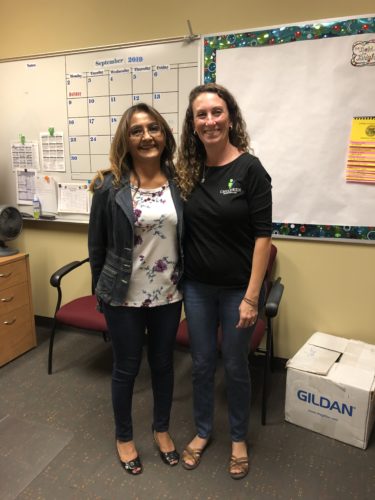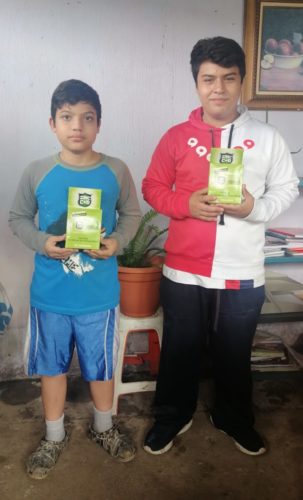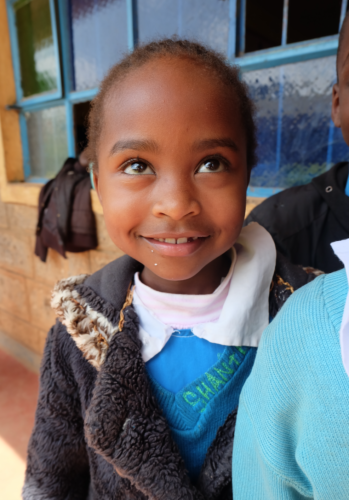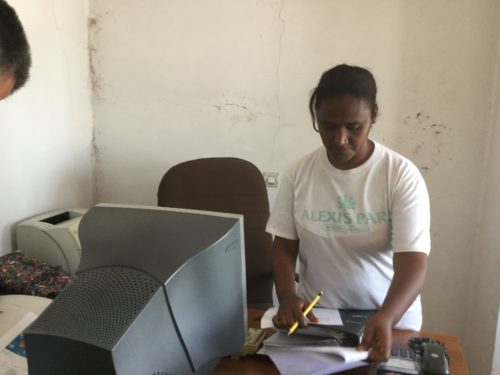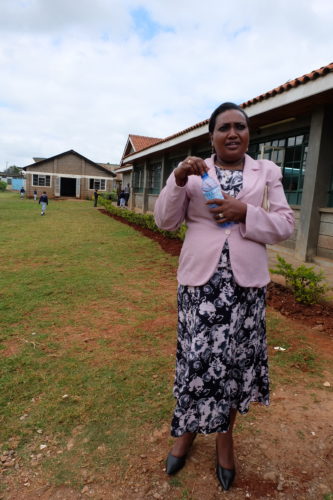The remote town of Crown Point is located in northwestern New Mexico, near the Arizona border and the vast Navajo Indian Reservation. Many of the American Indian families in this area generate income by making and selling jewelry and pottery. A few families maintain small herds of livestock. Unemployment is high, and many parents rely upon public assistance as their only means to afford the cost of feeding and clothing their children.
Because of the remoteness of the area in which the school sits, Mariano Lake has a dormitory for students to board during the week and return home on weekends and during holidays.
Our affiliated project, the Mariano Lake Community School, is located about 24 miles southwest of Crown Point. The school educates 130 children from Kindergarten to 6th grade — 98% of the students at the school are from low income families. Because of the remoteness of the area in which the school sits, Mariano Lake has a dormitory for students to board during the week and return home on weekends and during holidays.
A long-time volunteer coordinator
“Our volunteer coordinator at Mariano Lake is Barbara. She has worked at the school for many years. Her title at the school is Home Living Specialist since she manages the school’s dormitory, and the kids keep her hopping,” explained our Director of U.S. Programs, Renée Kube.
“The dorm is currently caring for sixteen children, eleven girls and five boys. Barbara is big on keeping the kids occupied. They do a lot of reading and sight words to improve their literacy. She has one dorm aide, Ann, who helps her with our sponsorship program.”
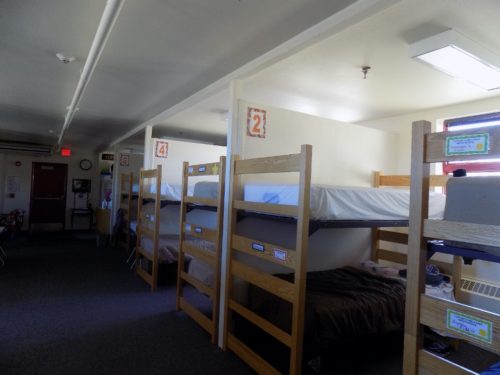
The dorms at Mariano Lake offer children who often don’t have the support of their parents a safe place to sleep and learn.
“When I visited Barbara in 2019, she gave me a big envelope of progress reports, letters, and pictures of the kids getting school supplies, thanks to their sponsors,” said Renée.
Helping kids stay active
“Barbara said many of the children’s parents are working in Colorado or Texas, are deceased, or simply gone. Those kids without parents stay with relatives on weekends, holidays, and breaks. Due to unstable home environments, poverty, and emotional issues, some of the children have a difficult time with good behavior in the dorm. They get upset and act out. Barbara and Ann work hard to help the kids feel cared for and try to keep them busy so they don’t become bored and frustrated.”
“Barbara would like to do more activities for them, but funding is always a problem. She would like to be considered for Hope In Action funds for materials and supplies for the boys’ and girls’ dorms. Not just practical needs, but fun things too. I told her we would be happy to help when she submitted requests for funding. We at Children Incorporated understand the detrimental effects that poverty has on children, especially those living without their parents, and we want to do what we can to help keep children’s minds active so they can always be learning whether in school, at home, or in their dorms.”
***
How do I sponsor a child in the United States?
You can sponsor a child in the United States in one of three ways: call our office at 1-800-538-5381 and speak with one of our staff members; email us at sponsorship@children-inc.org; or go online to our sponsorship portal, create an account, and search for a child that is available for sponsorship.

